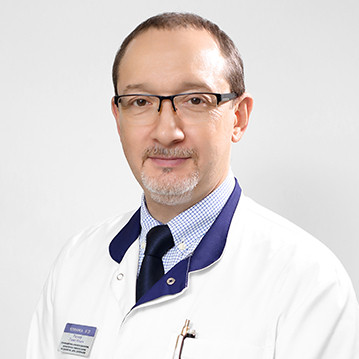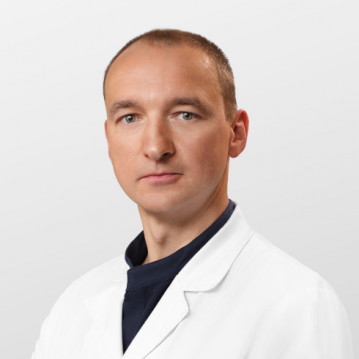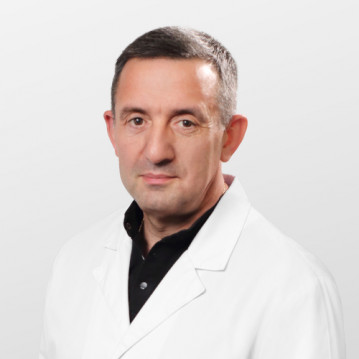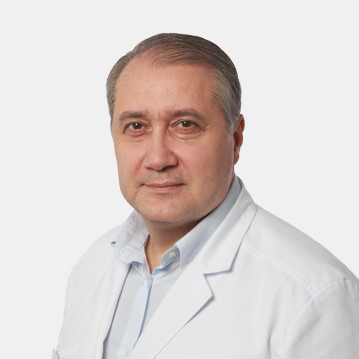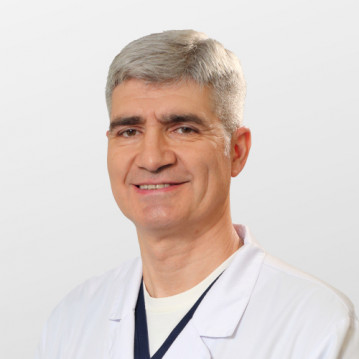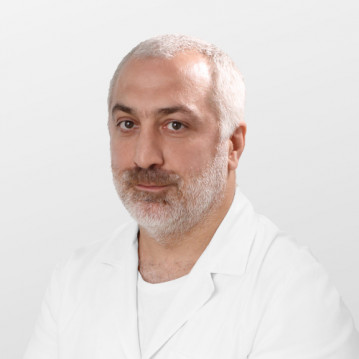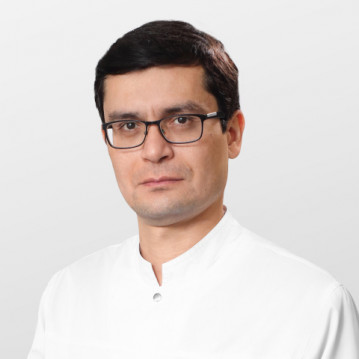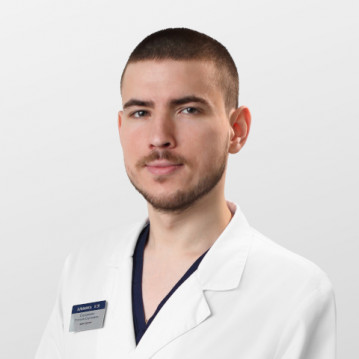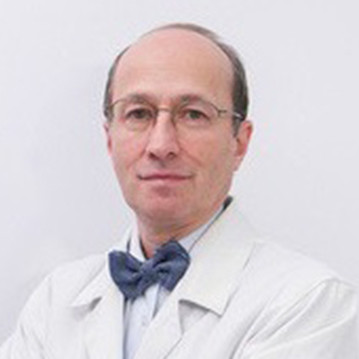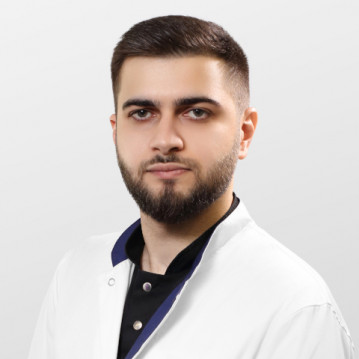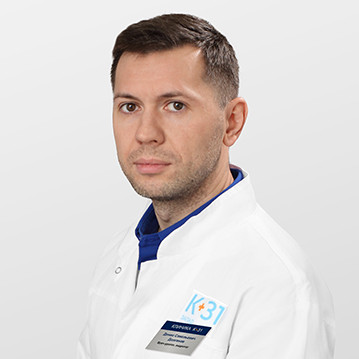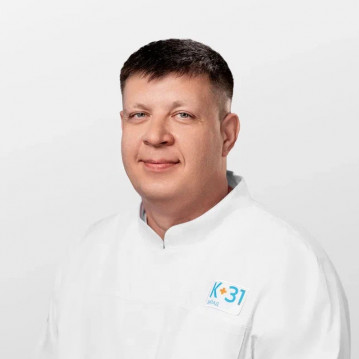Therapeutic (conservative) treatment in urology
Urological diseases are various disorders of the normal functioning of the organs of the genitourinary system, which negatively affect important functions of the body and reduce the quality of life of patients. The disease can develop regardless of gender and age. The competence of the urologist includes not only surgical treatment, but also various methods of conservative disposal of patients from a disturbing ailment. This approach is especially justified in inflammatory diseases of the genitourinary organs (prostatitis, cystitis, urethritis), urolithiasis, genital infections, the initial stages of prostate adenoma, congenital anomalies.
Causes and symptoms
There are many reasons for the occurrence of such ailments. In young people, the most common cases of inflammation of the organs of the genitourinary system. In this case, medication is usually used to treat the infection. Among such diseases are urethritis, cystitis, orchitis, prostatitis. Cases of erectile dysfunction or infertility are also amenable to drug correction. Elderly patients suffer from more than just inflammatory diseases. Benign neoplasms, various chronic processes, also subject to conservative treatment, are added to the list of ailments.
To prevent the development of pathology, it is important to be attentive to your own health and, when the first warning signs appear, immediately contact the clinic. Symptoms that urological health is "malfunctioning" can be as follows:
- feeling of heaviness or pain in the lower back, lower abdomen, perineum;
- painful and / or too frequent urination;
- a changed smell and color of urine, foreign discharge;
- erectile dysfunction.
In the early stages of the disease, the problem can be solved by therapeutic methods, medication. Advanced cases may require surgery. Early diagnosis is successfully provided by an annual preventive examination by a urologist. It is necessary even if there are no specific complaints.
